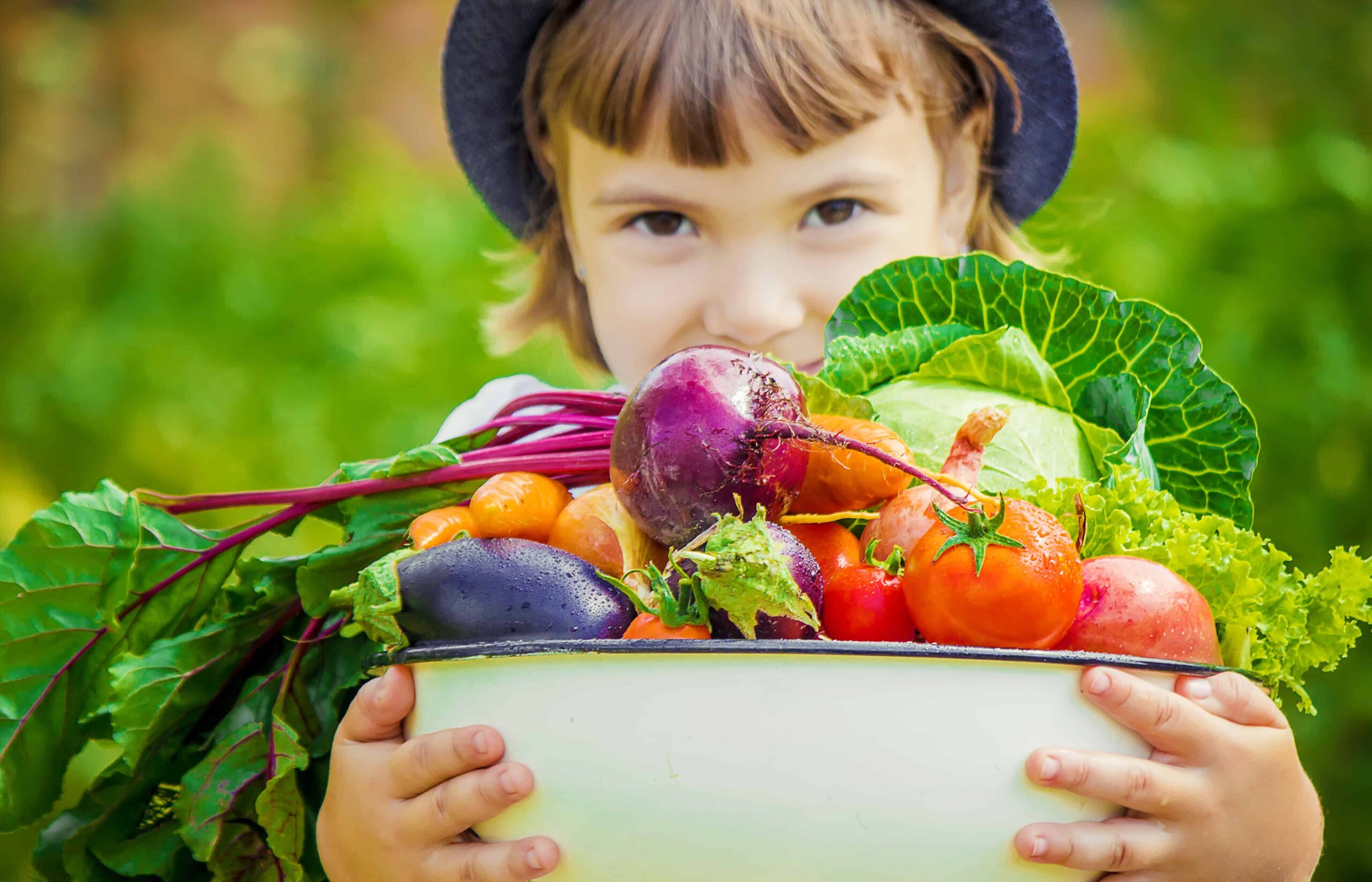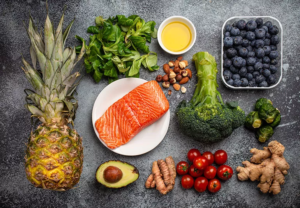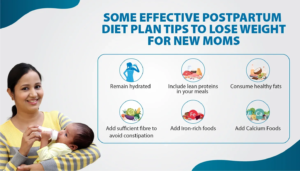In recent years, many parents have started questioning the quality of food their children consume—especially when it comes to organic options. Supermarkets are filled with labels like “organic,” “non-GMO,” and “pesticide-free,” but what do these really mean for your child’s health?
For animal products like meat, dairy, and eggs, “organic” means the animals were raised without antibiotics or growth hormones and were fed organic feed.
🥦 What Does “Organic Food” Mean?
Organic food includes fruits, vegetables, and other products that are grown or produced without the use of synthetic fertilizers, chemical pesticides, GMOs (genetically modified organisms), or artificial preservatives and additives.In simple terms, organic farming tries to keep food as natural as possible while protecting the environment and promoting better animal welfare.
👶 Why Parents Are Choosing Organic for Their Kids
Many parents worry about exposing their children to chemical residues, additives, or artificial hormones commonly found in non-organic foods. Developing bodies of kids are more sensitive. Even small amounts of pesticide exposure during early development may increase the risk of behavioral and neurological issues, according to some studies.
Also, when a child is part of a weightloss diet program in Mumbai, ensuring their food is clean, nutrient-rich, and free from artificial substances becomes even more critical. In such programs, minimizing exposure to processed or chemically-treated foods supports better digestion and metabolism.
✅ The Proven Benefits of Organic Food
- While there’s still ongoing research about the long-term benefits of eating organic, here are a few things we do know:
- Lower Pesticide Exposure: Organic fruits and vegetables tend to have significantly fewer pesticide residues, which may lower the toxic burden on young bodies.
- Higher Antioxidant Content: Some research suggests organic produce may contain slightly higher levels of certain antioxidants, which help fight inflammation and boost immunity.
- Better Animal Welfare & Less Antibiotic Resistance: Organic meat and dairy come from animals raised in better conditions and without unnecessary antibiotics, reducing the risk of antibiotic-resistant bacteria.
- Cleaner Ingredients: Organic processed foods (like snacks or cereals) generally contain fewer artificial additives, colors, and preservatives.
❓ Is It Always Better?
Not necessarily. Organic doesn’t always mean “healthier” in terms of calories or sugar. An organic cookie can still be packed with sugar and fat. Also, some organic foods are very expensive, which may not be feasible for every family.
A balanced diet rich in whole foods—whether organic or not—is still the priority. Washing fruits and vegetables thoroughly can remove a good portion of surface pesticide residues, and choosing local produce helps ensure freshness and nutrient density.
For families following a body transformation program in Mumbai, the focus should remain on whole, minimally processed foods, portion control, and balanced macros—organic or not.
👛 Be Organic with Budget: Smart Tips for Parents
If you’re interested in going organic without breaking the bank, here are some strategies:
Prioritize the “Dirty Dozen”: These are the fruits and vegetables with the highest pesticide residues (like strawberries, apples, and spinach). Buy these organic if possible.
Buy in Season: Seasonal produce is fresher, cheaper, and often available organically from local markets.
🧠 Final Thoughts
So, is organic food better for kids? In many ways—yes. It reduces exposure to harmful chemicals, supports sustainable farming, and may provide a nutritional edge. But eating healthy isn’t only about labels. Whether organic or not, focusing on whole foods, fruits, vegetables, lean proteins, and good fats is the foundation of good health for children.
For parents enrolling their children in a weightloss diet program in Mumbai or looking to join a body transformation program in Mumbai, organic foods can complement the plan—but they’re not mandatory. The real game-changer is consistency, education, and mindful eating.







